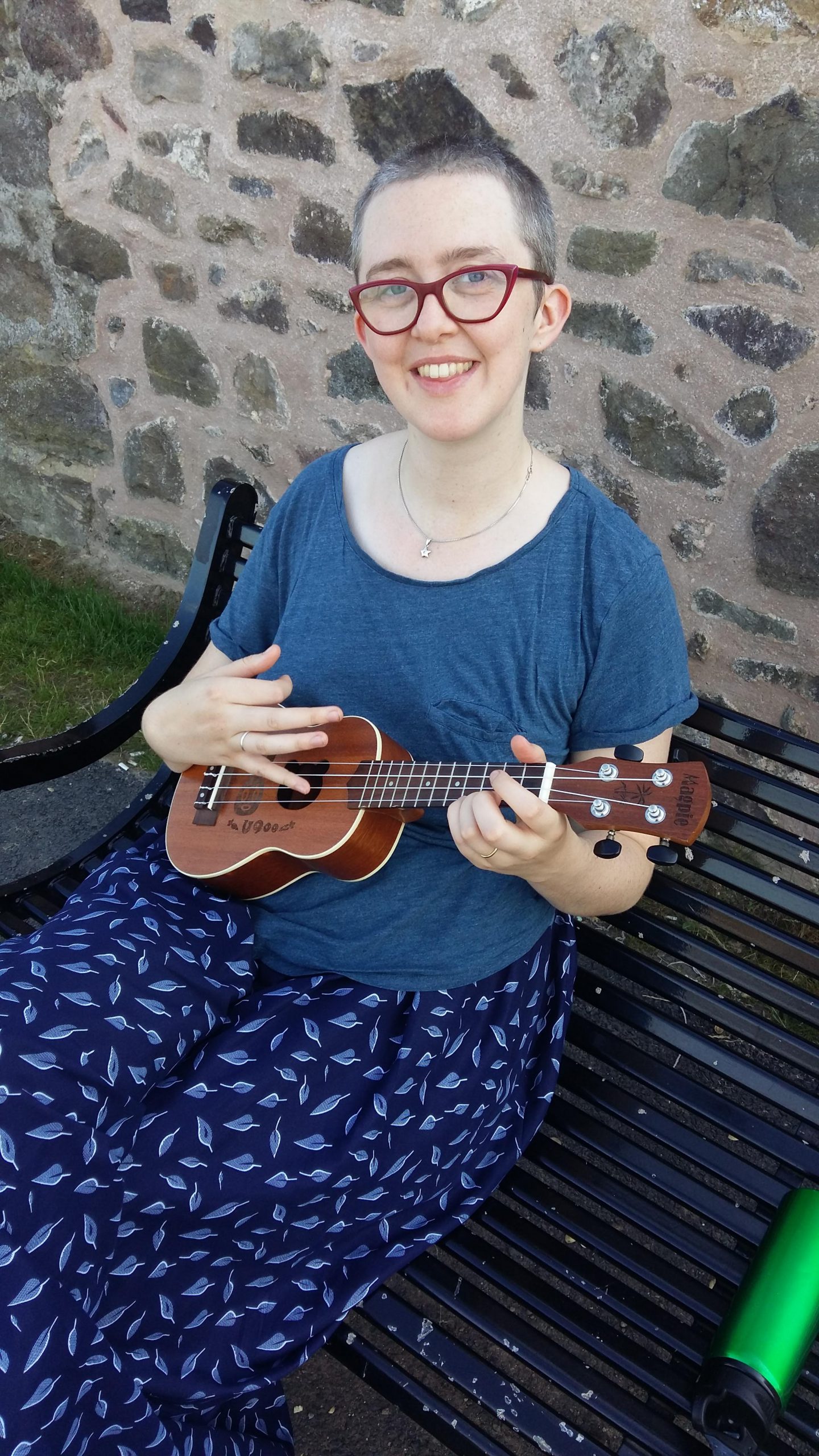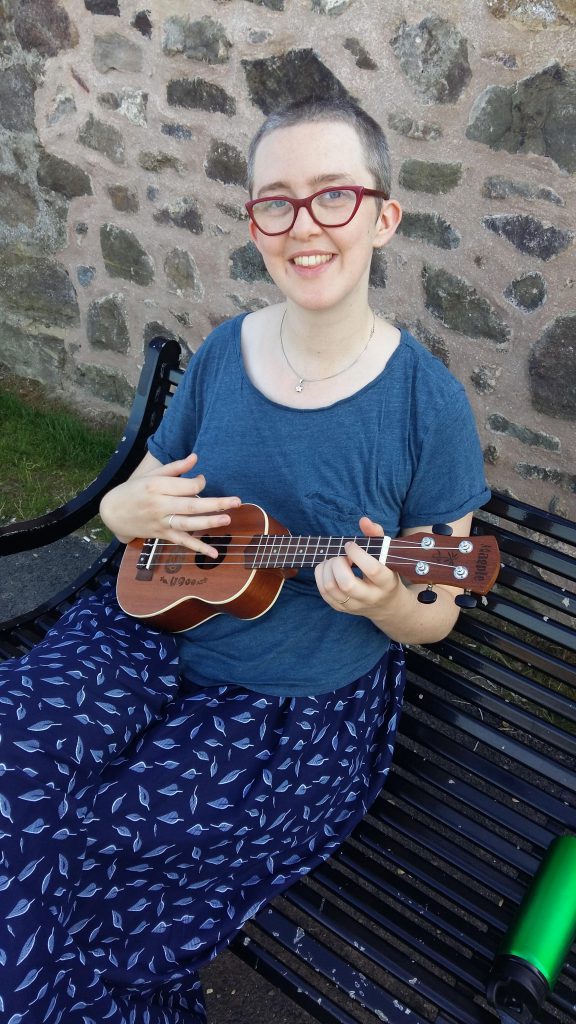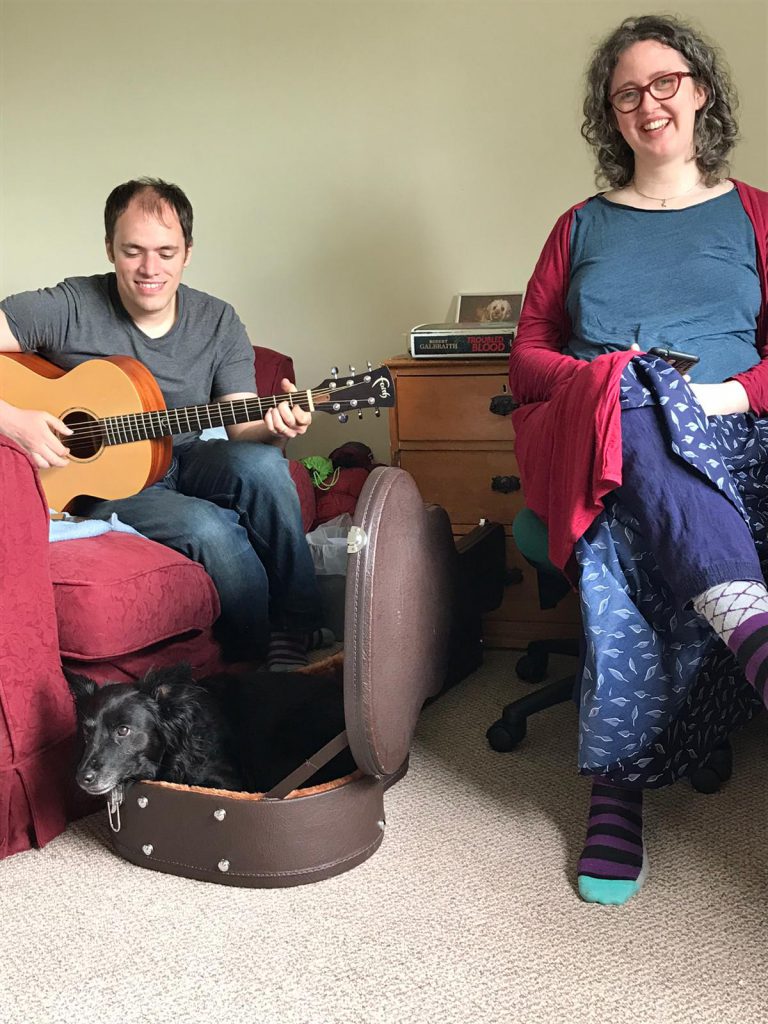
On giving up and letting go
Letting go
The next few posts took me a while, because I wasn’t sure what I was trying to say, or how to say it without repeating myself over and over again. Eventually I realised that they all shared an underlying theme of ‘letting go’. This post in particular is aiming to help you answer the question: ‘Should I give up?’
Being able to let go of things is a fundamental skill for life, but one that is not given much attention in our society. The one exception is meditation, which I have heard defined as the practice of letting go. In the case of meditation, you are letting go of your thoughts and feelings and learning to let them flow freely through you, without grasping onto them and identifying yourself with them. This is a very profound skill to master, because it leads directly to much better mental health and, yes, enlightenment.
Here in this post I want to focus on letting go of a large chunk of a person’s identity—their dream. Setting off on a journey towards a goal can feel exciting and loaded with promise for a better future. Much less dwelt on or discussed is the idea of stopping a journey before you reached your intended endpoint, but it is a crucial part of reassessing and making room for new or more accurate ideas about what you truly want. This is otherwise known as giving up, or failure, and it can be pretty painful to even contemplate. But changing your mind about what your priorities are for your life is also a very necessary part of growth and self-compassion. And as it happens, both Francis and I have had to let go of the same dream: music.
Classical music and me
I was brought up as a classical musician. I started piano at age five, and violin at age nine. I took the whole thing very seriously, as somewhere along the way I had arrived at the conclusion that I needed to work harder than others, be more committed than other children, and play better than everyone else. I was supposed to practise a set amount of time each day (from around twenty minutes when I was little to two or three hours by the time I was in my later teens), and I was constantly trying to meet those expectations, which came more from myself than my teachers or my parents.
Anyway, over time I got to do some cool things, like play in the local youth orchestra that went on tour to places like Spain or Poland in the summers, and go to summer schools for playing in string quartets. Through all this I got to know kids my age who I could actually like and trust, which was much harder to do at school. I also eventually got to go to Cambridge University to study music, and that is still one of the best experiences I’ve ever had in my life.
However, all was not well. I envied my peers in the orchestra who seemed to get so much joy and fun out of playing their instruments. They liked to mess around on the piano together, improvising, and I never did that kind of thing. Or at least they seemed to be able to put the time into practising without the kind of daily struggle I was used to.
Before every single lesson, I felt deeply anxious because I had pretty much never done as much practice as I should have done. By the time I was sixteen it was quite normal for me to be having a quiet form of anxiety attack before the teacher arrived. Occasionally the teacher would have to cancel for some reason, and the shift from deepest dread to relief was dizzying—a reprieve!
I didn’t really notice how messed up I was. I knew that music was very stressful but I also knew that I couldn’t quit. So many others made the mistake of quitting and I wasn’t going to do that.
What finally led to me stepping back from playing my instruments was my final piano teacher, Philip Fowke. Through studying music at Cambridge I got the opportunity to work twice a term with a professor of piano from one of the most prestigious music colleges in London. So, he was quite possibly the best piano teacher in the country. And, in contrast to all my previous teachers, he made a point to let me know that he was there to help me with whatever I wanted to get out of playing piano. He regularly taught amateurs as well as professionals and just wanted to share the joy of piano with whoever wanted to learn.
It was amazing, but by then the anxiety went far too deep for him to touch. Several times I broke down and cried in his lessons because I hadn’t practised enough, and no amount of his reassurance that he didn’t mind how much practice I had done was enough to make my brain believe it. Eventually, he said: “Sally, has anyone ever told you that you don’t have to do this?” He firmly recommended that I take an ‘extended sabbatical’ from playing both violin and piano. With his permission I finally did just that. It was bizarre to be in my final year as a music student, up to my eyeballs in history and theory and singing in the choir, while no longer actively pursuing being an active instrumental musician. It led to some cognitive dissonance, but so much less stress overall.

Since then I have slowly rebuilt some parts of my relationship to playing music. I started playing ukulele a few years ago, and the way I could learn it just by messing around and searching for songs I wanted to play was a revelation compared to my strict, structured approach from before. I’ve decided to take a similar approach to violin and piano: I will never practise again. I will only play through the pieces that I want to play, however badly.
Letting go of music led directly to a bit of an identity crisis. I spent most of my early and mid twenties floundering for a career direction. I had been so determined to hone those skills, so committed, and if I could let go of something that big, could I trust myself to stick to anything else I was doing in life? But overall it also taught me that I don’t need to be so rigid with myself. I don’t need to stay trapped inside my own beliefs and expectations. I don’t have to force myself into doing things that are causing me to damage my own mental health. And that has been a very valuable lesson to learn.
Francis and the band
Francis is also a musician: he is a guitarist. An absolutely brilliant guitarist. The way he became so accomplished could not be more different to my own approach to learning music.
Because he has ADHD, he never practised at all for the first two years of learning. He couldn’t play guitar and trying to was boring, frustrating homework. Most teachers would have got quite upset and given many lectures about proper commitment to the instrument that would have driven him away faster.

Instead, his guitar teacher adapted. He and Francis spent every lesson playing through the twelve-bar blues chords over and over again and improvising over the top, swapping roles as the improviser and chord-player. This was intrinsically fun, and through it the teacher could introduce many different skills. And after two years, suddenly Francis could play enough guitar that it was fun to do it by himself, even in between lessons. Francis would have the guitar on his lap while he watched telly, and improvise along with the background music on adverts.
All this improvisation naturally led to song-writing, which became a very creative and impressive form of self-expression. So once we reached our early twenties, Francis formed a three-piece band called The Red Levels and started trying to make his way as a professional musician.
The furthest the band ever got was to play a more-or-less steady stream of local pub gigs. There were definitely fans of Francis’s songs but most people were more interested in their covers. Even organising consistent gigs was a struggle, let alone going into more active areas of expansion, such as trying to form an online following. The thing is, while the band played well and the songs were good, being a professional musician is far more about being an entrepreneur than an instrumentalist, and being an entrepreneur is all about self-motivation and organisation. We didn’t yet use Scrum and Francis’s ADHD was definitely interfering with the band’s progress. Francis had no interest in the actual work of running a band.
In the end though, that wasn’t why the band split up. Francis found that he was beginning to dread performing. He was good at it and he didn’t get overly nervous, but it was still stressful. He didn’t look forward to it and he was beginning to not enjoy playing guitar anymore. He loved guitar, and losing that wasn’t worth it.
Francis has had to face many failures in life. This one was at least his choice and came with a good deal of relief. But like me, it left Francis with no idea how to make a living. Floundering around for several years to try and find what will really fit us in a career and what we really want to do is not a fun process, but ultimately has led to better options than we would have had if we had stuck to the identities which were making us miserable.
Changing your mind is not failure, but it might be being kind to yourself
Failure and success are odd words, because they only mean anything in relation to what we were expecting to achieve. And once we start examining our expectations, we get into pretty slippery territory. When it comes down to it, expectations are just another form of thought, something we collectively imagine into existence. Expectations aren’t technically real at all, but they form a core part of how we tell stories about the world, and as such they can be powerful enough to trap us inside prisons of our own making.
But as we learn in meditation, thoughts are just thoughts and we can choose to let go of them, even if we have held on tightly for years and built our ego around them. Sometimes a thing you thought you wanted to do runs its course, and we actually no longer want to do it, but we feel stuck with our prior commitments. Choosing to stop aiming for these goals is not giving up or failing, it is changing your mind about your priorities. And being allowed to change your mind is an important part of living a healthy, flexible life where you are not trapped by your previous routines. In fact, allowing yourself to change your mind about finishing something is often an act of self-compassion.
Of course, there are responsibilities that you can’t just decide not to do. If you are a carer, for instance, you can’t just walk away from the people who need you. However, perhaps you are still putting yourself under needlessly high expectations, or perhaps there are ways to simplify those responsibilities.
There are also times when even though I am feeling overwhelmed by a project, and I want to avoid it altogether and not have to do it any more, I still feel that overall it is worth finishing. So I hold to the original goal—or at least the spirit of the original goal—and coax myself through the times when I would rather stop. However, the difference is that I no longer give any project an unexamined spot in my schedule without at least asking myself whether it is giving me more than it is costing me.
This blog itself is a case in point. It was actually originally intended to be a book, and I definitely took it on with some not-entirely-healthy motives (i.e. I wanted to impress people by being a published author—another life-long dream). I have wanted to give up on writing this many times, as it has caused me a large amount of stress and anxiety, but I felt like I couldn’t let the people who had supported me down, and fundamentally I did still want to help people who would benefit from the idea of Home Scrum. I was also expecting myself to continue promoting the book and the Home Scrum concept for years to come, building it into some sort of empire. It was an overwhelming prospect, and never something I actually wanted to commit myself to to that extent. Eventually, my friend Alex prompted me to realise that I was making myself do something I was no longer enjoying, and that even if the project could have value for people, that wasn’t worth more than my mental health. So I managed to come to a compromise: I let go of the book idea, risked disappointing the people who were expecting me to finish it, and instead decided to put my ideas out as this blog instead.
As always, deciding when to persist and when to let go is a balance, but when in doubt, erring on the side of self-kindness is usually a good guide.







